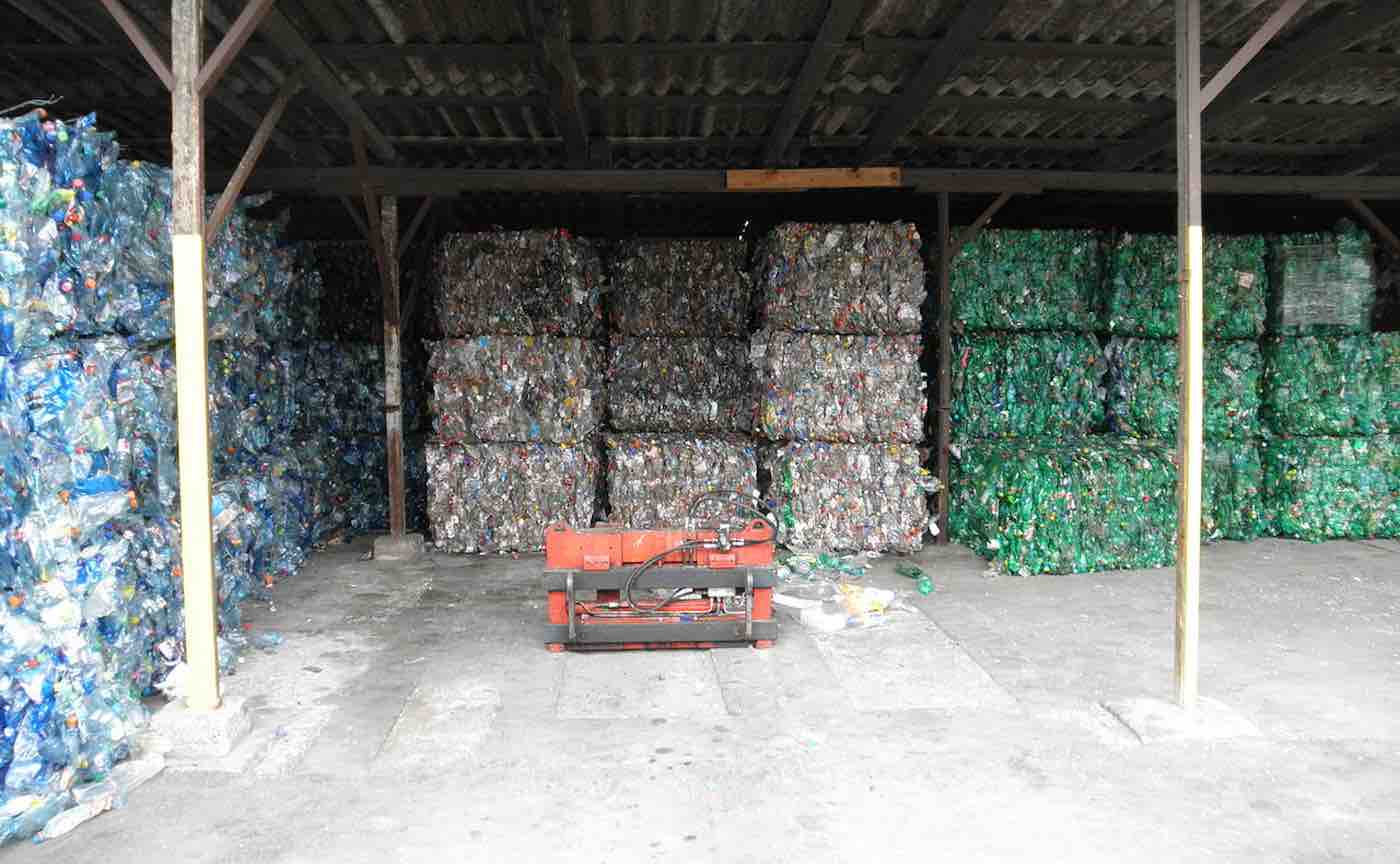Carbon capturing and carbon sequestering, meaning the uptake and storage of CO2 molecules in a solid object, like a building or a tree which it can’t escape from, is one of the many tools for entrepreneurs, manufacturers, and businessmen, who want to do their part to combat the climate crisis.
Similarly, a startup working in Israel is eradicating one environmental toxin by placing it inside of another. UBQ Materials is taking household waste that would normally end up in landfills, and embedding it in liquefied recycled plastic to create “a thermoplastic, composite, bio-based, sustainable, climate-positive material”.
The trash is sorted, passed over a magnet to remove metals, before being dried and shredded into a kind of trash-confetti. It’s then added to plastic that’s ready for recycling and melted together before finally being dried and chopped into little pellets.
The resulting pellets can be easily shipped out and used in various manufacturing processes like injection molding and composite brick-making. Dye can be added at any point along the way to ensure the customer can have plastic of any color he desires.
LOOK: Company Collects 80% of City’s Recyclable Plastics and Turns It All into Lumber
The company’s founders were so confident that the science behind their revolutionary recycling process would prove successful they commissioned Swiss environmental consulting firm Quantis to perform an analysis on just how green their operation was.
Quantis found that substituting a ton of UBQ’s pellets for the same amount of polypropylene saves the equivalent of about 15 tons of carbon dioxide emissions, making it the most sustainable thermoplastic material on earth.
The concept of taking landfill-bound trash, which would generate harmful greenhouse-methane gas, and encasing it inside recycled plastic can be traced back, according to The Post, to an Israeli military man who thought that by mixing mud from the polluted Kishon River with plastic he might help the river recover. This idea never worked, but encasing environmentally-damaging substances in plastic that would then be used to make other materials and products and thereby ensuring it doesn’t have a chance to pollute (or further complicate the climate of) our planet, was a core concept which wasn’t abandoned.
Generating a $50 million dollar fortune as a hummus food mogul, Rabbi Yehuda Pearl has helped the company go from a bankrupt idea to the brink of international acclaim and wealth through $3.5 million in slow savvy investing and R&D. UBQ, short for Ubiquitous. is already selling its thermoplastic composite plastic granule to Plasgad, an Israeli company that manufactures pallets, crates, and recycling bins—2,000 of which are on their way to the Central Virginia Waste Management Authority.
The UBQ facility on the Tze’elim Kibbutz can produce about one ton of their special material in an hour, resulting in between 5,000 and 7,000 tons produced annually. The company’s success is leading to a new facility that will produce 100,000 tons annually.
Share The Exciting News With Your Friends On Social Media – File photo by Michael Manas, CC license





















Cheers for an excellent way to recycle plastic material.
As they say, one mans trash is anothers treasure!